David Shambaugh, Gaston Sigur Professor and Director of China Policy Program at George Washington University, Distinguished Visiting Fellow at Hoover Institution of Stanford University
Jul 12, 2022
Secretary of State Antony Blinken and Chinese State Councilor and Foreign Minister Wang Yi met on July 9 at a G-20 Foreign Ministers Meeting in Bali, Indonesia. They held lengthy discussions—but all subsequent indications suggest that no substantive progress was made on each sides’ concerns. Nonetheless, some consolation can be taken that such an exchange occurred at all.
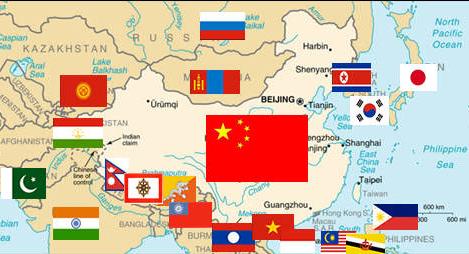
Zhao Minghao, Professor, Institute of International Studies at Fudan University, and China Forum Expert
Jun 30, 2022
Competition with the United States has become a catalyst for change in the way China deals with countries in its own neighborhood. A sophisticated approach in Asia will be required as China balances all its interactions.
Sun Chenghao, Fellow, Center for International Security and Strategy of Tsinghua University; Munich Young Leader 2025
Jun 19, 2022
At the recent meeting in Luxembourg between China and the United States, the PRC emphasized two bedrock interests — Taiwan and the broader Asia-Pacific. America has been shifting its approach on both fronts. If it does not dial back its confrontational attitude, prosperity and peace in the region will not be attained.
Ted Galen Carpenter, Senior Fellow, Randolph Bourne Institute
May 06, 2022
The crisis in Ukraine quickly led China-observers to draw comparisons to the similar provocations that exist in the Taiwan Strait regarding Taiwanese sovereignty and Beijing’s desire to take control of the island. The way Russia’s offensive is unfolding can lead to sobering takeaways for all sides party to Taiwan and China’s standoff.
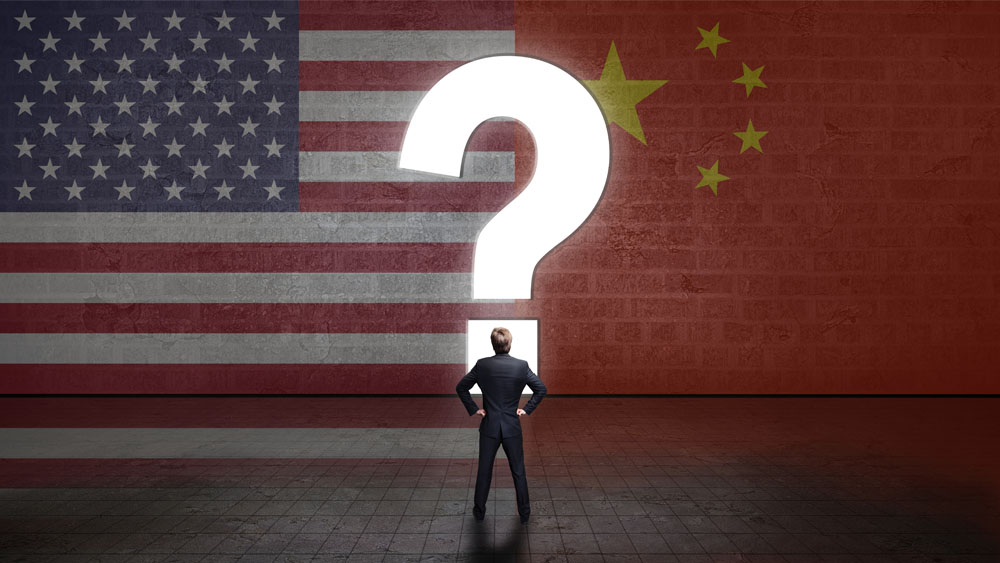
Jia Qingguo, Director and Professor, Institute for Global Cooperation and Understanding, Peking University
May 05, 2022
The demonization of China that began during the Trump presidency has persisted. Bilateral relations are morphing from a competition over interests to a struggle over values and identity. The near future looks bleak, but there’s hope further down the road.
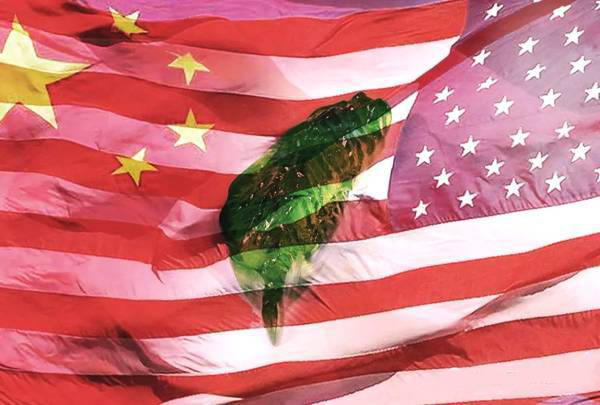
Zhao Minghao, Professor, Institute of International Studies at Fudan University, and China Forum Expert
Apr 22, 2022
Washington might believe that Russia’s poor performance in Ukraine will make China think twice about using force, or that China will be constrained by the CPC’s 20th National Congress. But this is a grave misunderstanding.
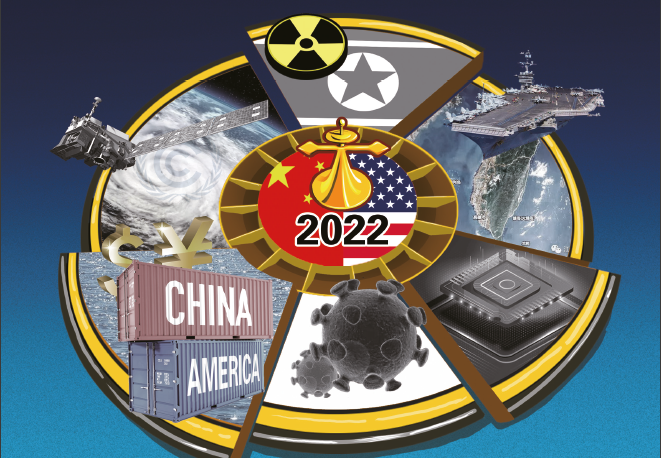
Ni Feng, Deputy Director, Institute of American Studies, CASS
Mar 31, 2022
Expect China and the U.S. to remain in a state of strategic stalemate for a long time. The most dangerous moments in bilateral ties will be when the two countries strengths bump against one another. We must be fully prepared for that.
Zhang Yun, Professor, School of International Relations, Nanjing University
Mar 04, 2022
The innovation allowed the United States to lay aside its ideological “domino theory” in Asia and transformed China and the United States from enemies to friends. It also inspired a great political awakening in other countries.
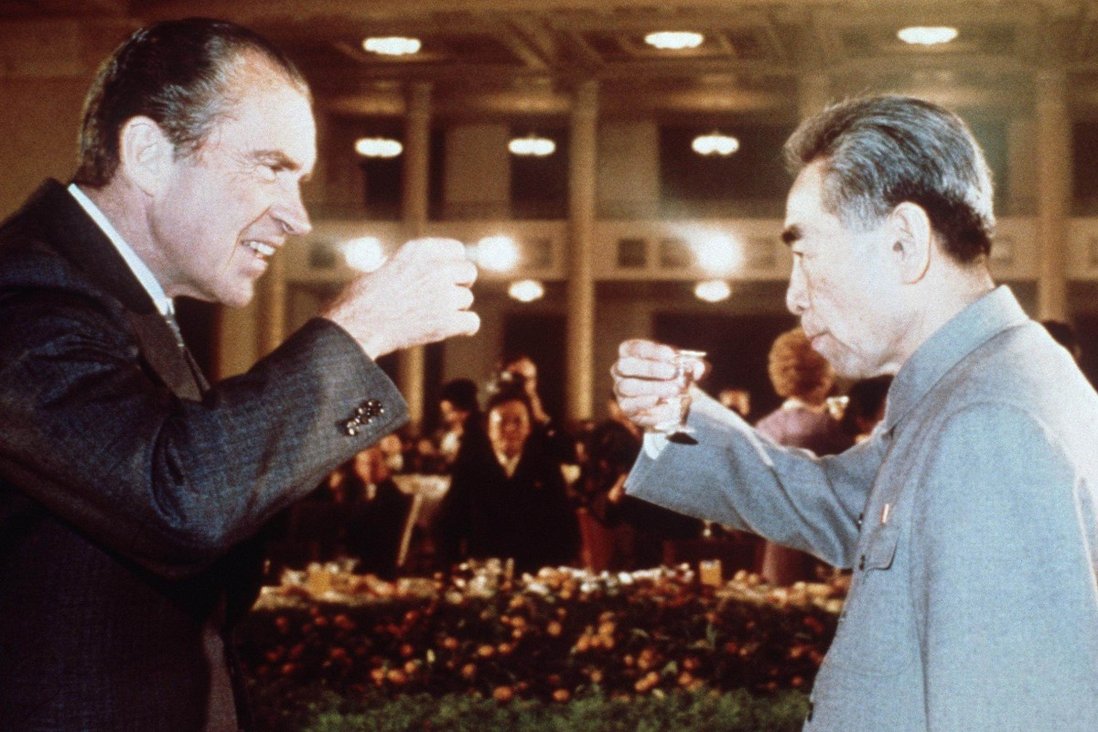
David Shambaugh, Gaston Sigur Professor and Director of China Policy Program at George Washington University, Distinguished Visiting Fellow at Hoover Institution of Stanford University
Mar 01, 2022
As the anniversary of President Nixon’s secret trip to China in February 1972 approaches, it’s critical to recall the dramatic changes that occurred between China, the United States, and the world.
Li Yan, Director of President's Office, China Institutes of Contemporary International Relations
Feb 26, 2022
The positive turn initiated by Richard Nixon 50 years ago seems to have ground to a halt. The China-U.S. relationship has hit a low point. But while America has come to regard China as its primary strategic competitor, there are ways to get back on track.
Back to Top

- China-US Focus builds trust and understanding between the U.S. and China through open dialogue among thought leaders.
- Our Offerings
- Topics
- Videos
- Podcasts
- Columnists
- Research Reports
- Focus Digest
- Stay Connected
-
Thanks for signing up!
- Get the latest stories from China-US Focus weekly.